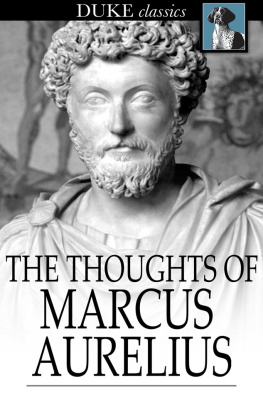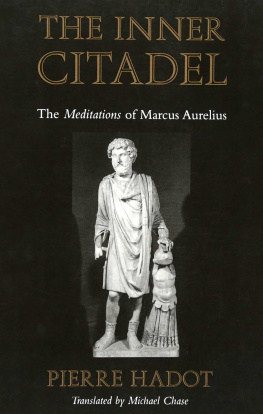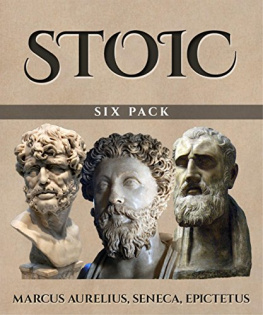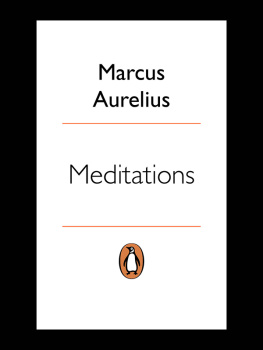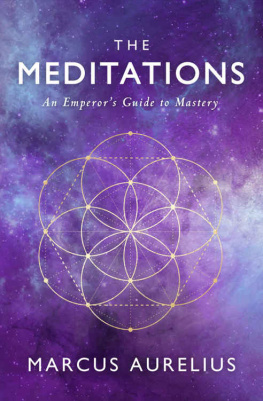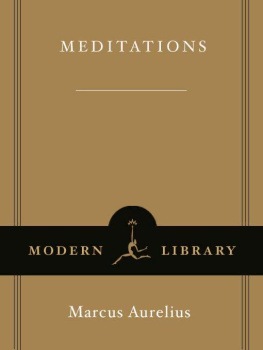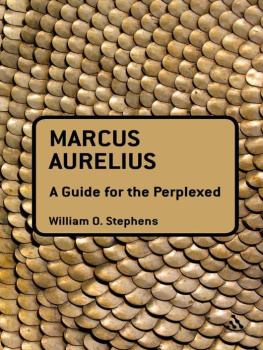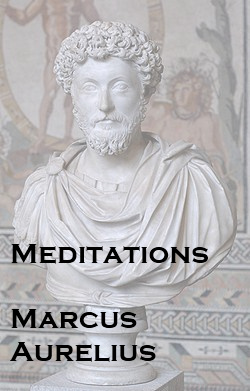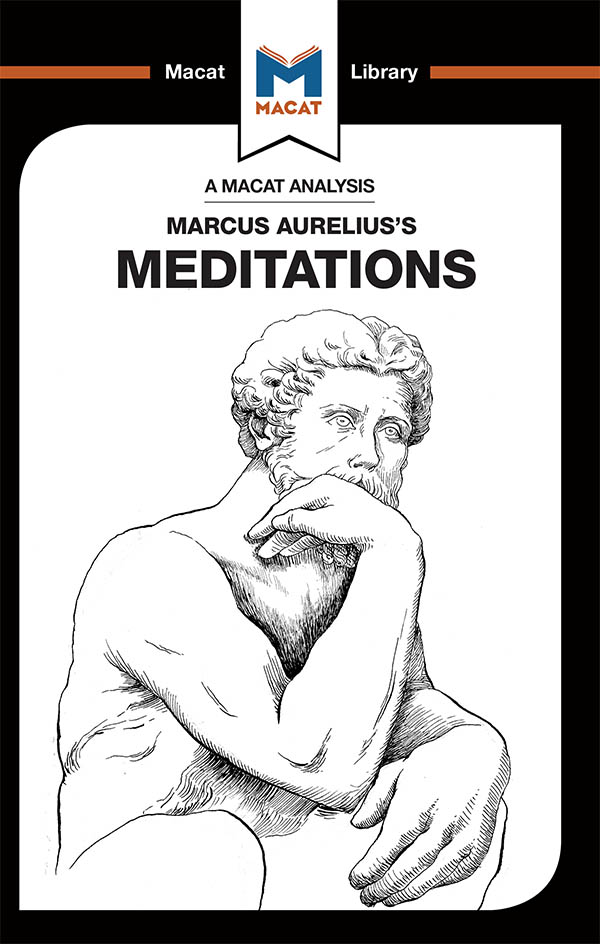CONTENTS
Copyright 2017 by Macat International Ltd
24:13 Coda Centre, 189 Munster Road, London SW6 6AW.
Macat International has asserted its right under the Copyright, Designs and Patents Act 1988 to be identified as the copyright holder of this work.
The print publication is protected by copyright. Prior to any prohibited reproduction, storage in a retrieval system, distribution or transmission in any form or by any means, electronic, mechanical, recording or otherwise, permission should be obtained from the publisher or where applicable a license permitting restricted copying in the United Kingdom should be obtained from the Copyright Licensing Agency Ltd, Barnards Inn, 86 Fetter Lane, London EC4A 1EN, UK.
The ePublication is protected by copyright and must not be copied, reproduced, transferred, distributed, leased, licensed or publicly performed or used in any way except as specifically permitted in writing by the publishers, as allowed under the terms and conditions under which it was purchased, or as strictly permitted by applicable copyright law. Any unauthorised distribution or use of this text may be a direct infringement of the authors and the publishers rights and those responsible may be liable in law accordingly.
www.macat.com
Cover illustration: Capucine Deslouis
Cataloguing in Publication Data
A catalogue record for this book is available from the British Library.
Library of Congress Cataloguing-in-Publication Data is available upon request.
ISBN 978-1-912303-08-3 (hardback)
ISBN 978-1-912128-39-6 (paperback)
ISBN 978-1-912281-96-1 (e-book)
Notice
The information in this book is designed to orientate readers of the work under analysis, to elucidate and contextualise its key ideas and themes, and to aid in the development of critical thinking skills. It is not meant to be used, nor should it be used, as a substitute for original thinking or in place of original writing or research. References and notes are provided for informational purposes and their presence does not constitute endorsement of the information or opinions therein. This book is presented solely for educational purposes. It is sold on the understanding that the publisher is not engaged to provide any scholarly advice. The publisher has made every effort to ensure that this book is accurate and up-to-date, but makes no warranties or representations with regard to the completeness or reliability of the information it contains. The information and the opinions provided herein are not guaranteed or warranted to produce particular results and may not be suitable for students of every ability. The publisher shall not be liable for any loss, damage or disruption arising from any errors or omissions, or from the use of this book, including, but not limited to, special, incidental, consequential or other damages caused, or alleged to have been caused, directly or indirectly, by the information contained within.
CONTENTS
The Macat Library
The Macat Library is a series of unique academic explorations of seminal works in the humanities and social sciences books and papers that have had a significant and widely recognised impact on their disciplines. It has been created to serve as much more than just a summary of what lies between the covers of a great book. It illuminates and explores the influences on, ideas of, and impact of that book. Our goal is to offer a learning resource that encourages critical thinking and fosters a better, deeper understanding of important ideas.
Each publication is divided into three Sections: Influences, Ideas, and Impact. Each Section has four Modules. These explore every important facet of the work, and the responses to it.
This Section-Module structure makes a Macat Library book easy to use, but it has another important feature. Because each Macat book is written to the same format, it is possible (and encouraged!) to cross-reference multiple Macat books along the same lines of inquiry or research. This allows the reader to open up interesting interdisciplinary pathways.
To further aid your reading, lists of glossary terms and people mentioned are included at the end of this book (these are indicated by an asterisk [*] throughout) as well as a list of works cited.
Macat has worked with the University of Cambridge to identify the elements of critical thinking and understand the ways in which six different skills combine to enable effective thinking.
Three allow us to fully understand a problem; three more give us the tools to solve it. Together, these six skills make up the
PACIER model of critical thinking. They are:
ANALYSIS understanding how an argument is built
EVALUATION exploring the strengths and weaknesses of an argument
INTERPRETATION understanding issues of meaning
CREATIVE THINKING coming up with new ideas and fresh connections
PROBLEM-SOLVING producing strong solutions
REASONING creating strong arguments
To find out more, visit WWW.MACAT.COM.
Critical Thinking and Meditations
Primary critical thinking skill: PROBLEM-SOLVING
Secondary critical thinking skill: CREATIVE THINKING
Despite being written between 170 and 180, Marcus Aurelius Meditations often resonates with modern readers because of its remarkable resemblance to a self-help book. Written as a series of personal notes in the last decade of his reign as Roman emperor, the meditations were never intended for circulation. But they remain today among the classics of stoic philosophy and as exquisite examples of problem-solving.
Meditations sees a great leader engaged in solving one of the central problems of all philosophy: how to live a good life. Marcus Aurelius is quick to ask questions and generate solutions, all of which lead him to a greater understanding of what a good life really is. He makes the decision that philosophy is an important tool we can use every day to help us understand and deal with the world. The best way to get to the bottom of a problem, he records, is to analyze its different aspects with care this will help to dissolve the issue. To keep our minds well balanced, it is vital to keep our desire for the material and the sensual in check to avoid falling prey to negative behaviors like jealousy, quarrelling and indulgence. Philosophy, the Meditations show, can also help us to understand other peoples problems and difficulties acting as a continual spur to the consideration and resolution of problems, wherever they arise.
About The Author of The Original Work
Known both as one of Romes Five Good Emperors and as an important philosopher, Marcus Aurelius was born in 121 C.E. and was emperor of Rome from 161 C.E. until 180 C.E., at first in partnership with Lucius Verus until the latters death in 169 C.E. The empire was at its height, and Marcusdisciplined, conscientious, self-awarewas arguably the most powerful man in the world. Yet despite the might of Rome, Marcus had to spend much of his reign pacifying Germanic tribes in the Balkans and southern Germany, where he died aged 58 in 180 C.E. It is likely that he composed his famous personal writings, Meditations, during these campaigns.
ABOUT THE AUTHOR OF THE ANALYSIS
Dr James Orr holds a DPhil in the philosophy of religion from the University of Cambridge. He is currently the McDonald Postdoctoral Fellow in Theology, Ethics, and Public Life at Christ Church College, Oxford.


